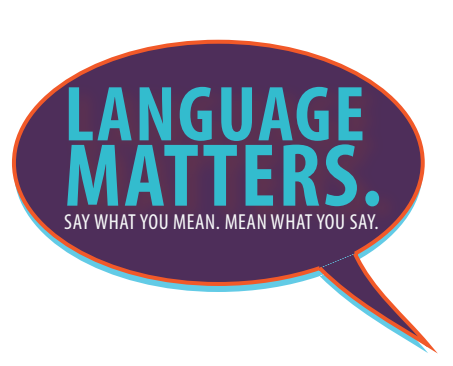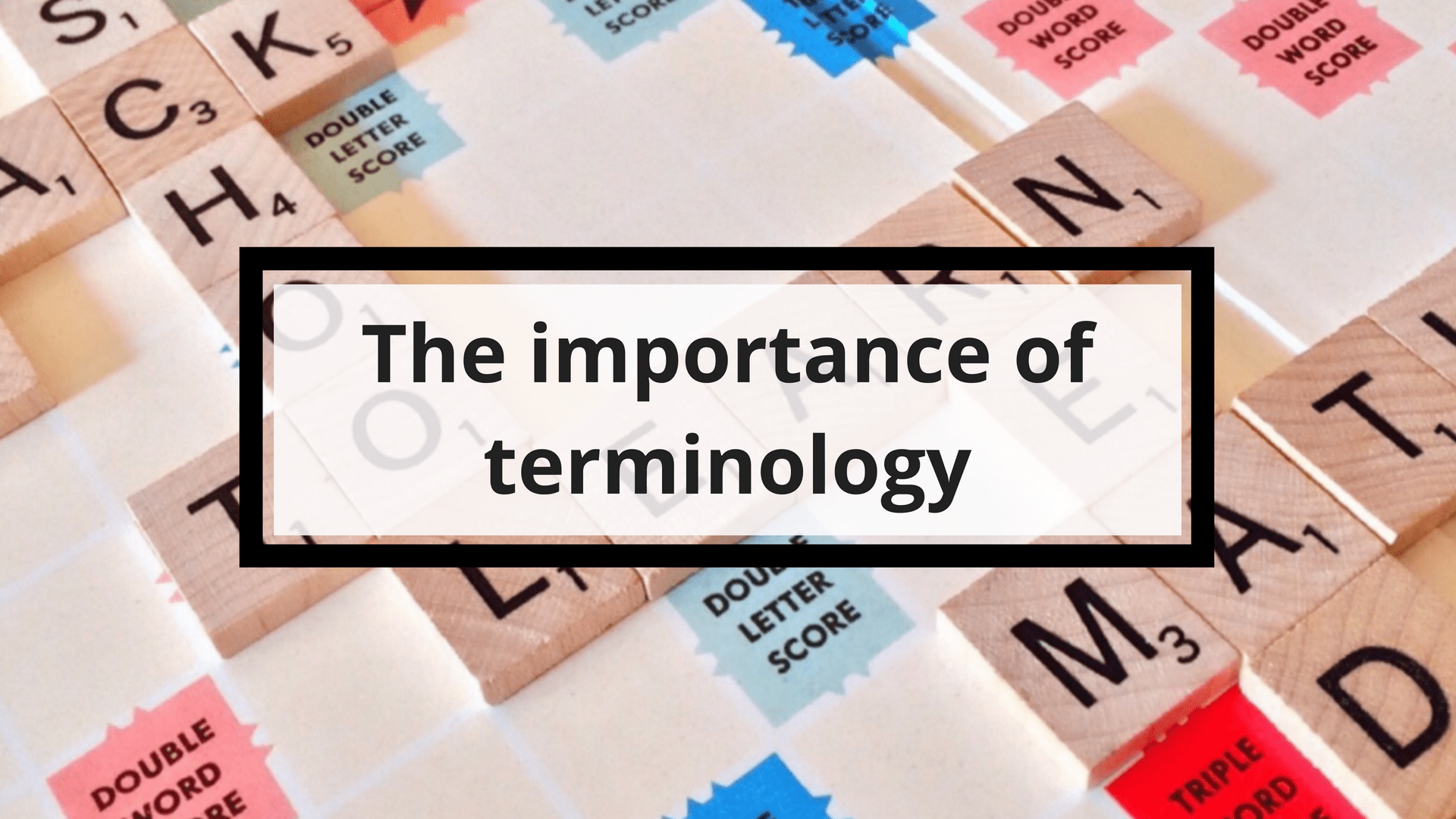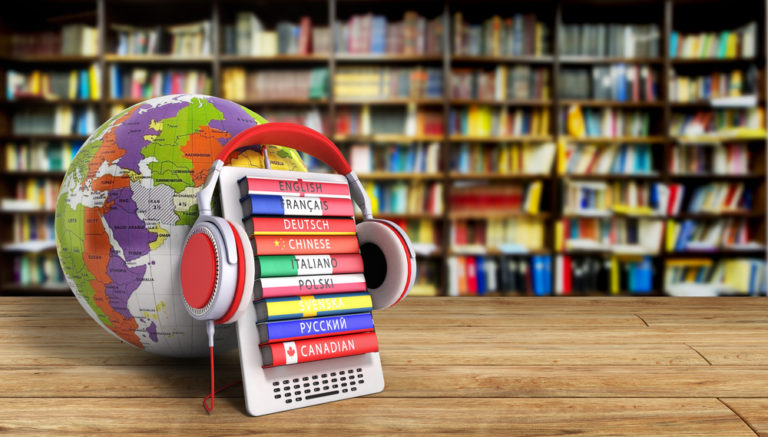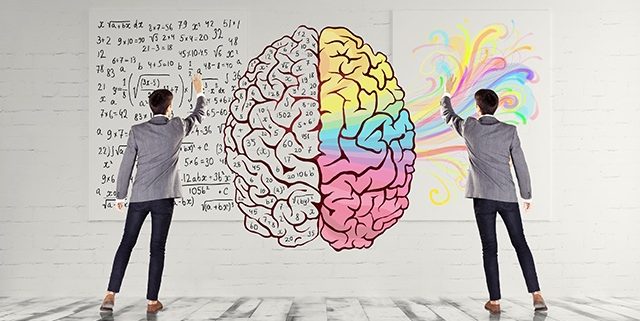This presentation that took place on the 4th of November, also at the SDL Trados Virtual Conference has an important place in my heart, as it is about linguistics and translation, two of the things that have driven my latest academic years. Linguists really are the core of a great translation, because in order to translate we have to get to know the reasons for which a particular word is used in a specific context.
Vocabulary is the translator’s weapon, so it has to be comprehensive and flexible, as we can see that more and more words are added to the dictionaries and are in current use of the population. The pandemic was definitely a favorable period for the improvements that took place in the vocabulary side. Words and sentence units have made their way up to our active vocabulary nowadays and are highly important and necessary. Over hundreds of new words have been created since January 2020 to April 2020, words such as “social distancing”, “Covid-19”, “self-isolate”, etc.
As the presentation shows, human language has some important features: it is infinitely creative, unpredictable in the manner that context is everything and is constantly changing in vocabulary, in expression and in meaning. So LSPs have to keep up with all of that, in order for their services to be of a high quality and efficiency. The host, John Worne, who is the CEO of the Chartered Institute of Linguists, talked about the probability of things being lost in translation, due to the changes that happen within the vocabulary and due to the new meanings of enriching our assimilation of words and also the things that are of international matter, such as sarcasm, inference, metaphors and suggestions that generate complexity in the translation process.
Further on, he explained that there is a problem when talking about artificial intelligence machines that have an unlimited capacity of storing words, but lack the ability to encompass expressions and context nuances, so of course, the accuracy of the translation is minimized. Living with technology and devices, such as Alexa or Siri has changed the way people communicate and the way people perceive these artificial intelligence devices. The progress encountered by linguists these days is in constant change, as the methods of communication and learning have improved and they connect meanings from source language to the target language, by using their cultural and linguistic skills. It was very interesting to watch this presentation, because of the amount of information is provided and the manner in which the host explained everything with calm and understanding. I really liked the part where the different sources of linguists were presented, from bilinguals, heritage or residency to the professionals that have an education in that matter, which can be practiced afterward in training or a qualification program in order to gain experience and work as a linguist or a translator or both.







Leave A Comment